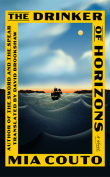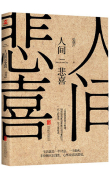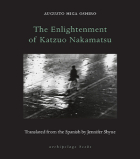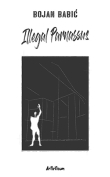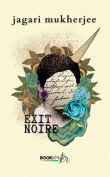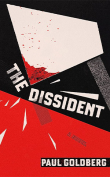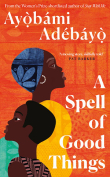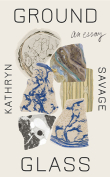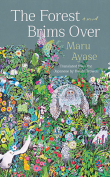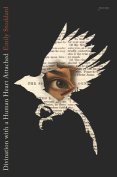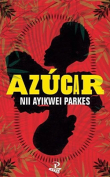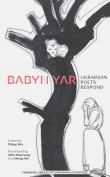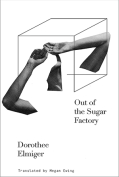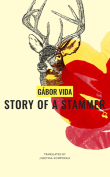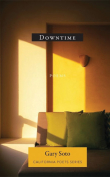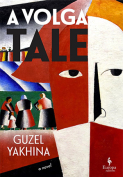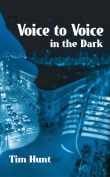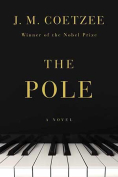Downtime by Gary Soto
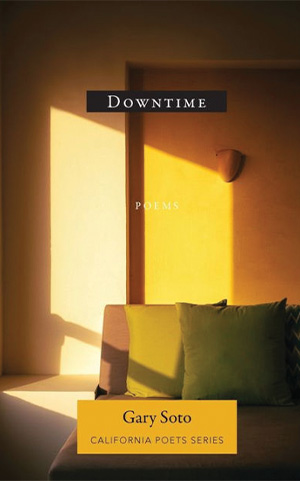 Santa Barbara, California. Gunpowder Press. 2023. 76 pages.
Santa Barbara, California. Gunpowder Press. 2023. 76 pages.
Gary Soto’s most recent collection of poems, the fourth in Gunpowder Press’s California Poets series, might be regarded as a sequel to his previous collection, Sudden Loss of Dignity, published by Stephen F. Austin State University Press in 2013. A dozen or so poems of the latter—including the likes of “Eyesight at Fifty-Nine,” in which he asks, “What’s next? / My teeth smiling in a jam jar?”—confront the prospects of aging not with rage against the dying light, per Dylan Thomas’s villanelle for his aging father, but with bemused annoyance. Still active on the tennis courts and recently turned grandfather, Soto is not quite ready, despite the subtitle of the new book, “Poems from the Couch,” to go gently into any night, good or otherwise.
From the poems of his first book, The Elements of San Joaquin, which appeared in 1977, the year he turned twenty-five, Soto has followed the path of Walt Whitman and sung himself, and in the poems of Downtime, moments from his past continue to come back at him. In “Six Degrees of Separation,” he shakes hands with the grandson of a wrestler who pinned him in short order in 1967, and a teenager asks him if it’s true that he dated her grandmother. In “Tracking,” he returns to Fresno’s Chinatown to find it “changed utterly,” to pilfer a phrase from Yeats, and not necessarily for the better. The following poem, “Seeing Myself as a Stone,” opens at a site familiar to his readers over the years: “Maybe I was the last birth on Braly Street, / April 1952, pushed out and brown as a common stone.” Several times among the forty-seven poems that make up the book, Soto reminds the reader of his birth year, and twice he mentions his age (seventy-one), most memorably perhaps when he visits a massage parlor where, “The masseuse did the Mashed Potatoes / On my back, the Cha-Cha-Cha, / The Locomotion, the Pony and the Twist, / All the dance steps from the 1960s.”
If you can’t laugh at yourself, Gary Soto seems to be saying as he confronts such prospects as “The First Day with a Hearing Aid” and the ebbing of his hairline, you are doomed indeed. “I have a grasp on my limitations,” he writes in “Travel,” the opening poem, in which he lists mostly places he won’t go and things he won’t do: “suck on a hookah in Cairo,” “choke down a plate of haggis.” And “like Philip Larkin,” he says in the last lines, “I would love to go to China / If I could get back on the same day.”
But the poems are not all playful. In “War Games,” he stumbles upon three plastic toy soldiers “Circa the mid-60s,” and these remind him of his own “army men” when he was a boy and “lined them up for battle” and “flicked over” every other one. “Plastic is forever,” he concludes. “War, it appears, is also forever.” The “green plastic army men” end up “Body-bagged with the litter.” “Not Good News,” from Downtime, opens soberly with a flatly prosaic assertion: “I have more dead friends / Than living ones.” Two of the forty-three poems in this book are in fact moving elegies to old friends. “Elegy,” for his poet friend Jon Veinberg, a fellow student at Fresno State under the tutelage of Philip Levine, begins with a question: “What’s the legal speed limit for clouds?” The face in the cloud that eases along blown by the wind, he writes at the end, belongs to his friend.
The most striking poem is the last, “I Picture It,” where Soto imagines himself reduced to ashes and his “dear wife” carrying him not in a fine cremation urn but in a ziplock bag, which she pulls from her purse, “Looks in, says, Goodbye, Gary, it was pretty fun.” The noise of factories and trucks “like hell-bent rhinos” may remind readers familiar with the twenty collections of poems he has offered since The Elements of San Joaquin that the setting is the Fresno barrio of his early boyhood years. One of his most familiar recurring symbols, a “cigar-shaped blimp,” putters overhead. As Caroline pours his ashes on the “sandy ground” amid “shards of broken bottles” where he once fought and played, his long-deceased cat Boots, who appears in several essays and poems, emerges “from the knee-high weeds” to act as a sort of playful psychopomp.
On the back cover, Soto tells of his ambitious project to write a hundred poems in that many days, even though he knew at least half would be destined for “the fireplace if not the angry teeth of our paper shredder.” But “the act of writing mattered—keep it going, I told myself, be like a beaver and chew on a pencil, put down some lines, don’t forsake the craft! This private project of mine was a reminder to myself that after five decades I remain a poet, a calling few can claim.” Of course, there are a few bits of gravel among the gems, as must be said of nearly any collection of poems, stories, or essays. Gary Soto’s light certainly does not appear to be dying, and if it ever dims, he’s likely to continue responding with mingled rage (or perhaps only annoyance) and laughter.
Ron McFarland
University of Idaho
